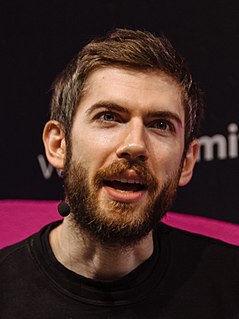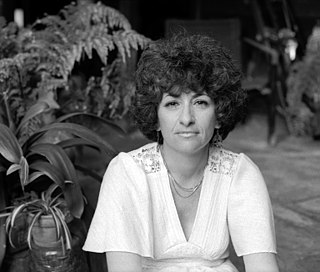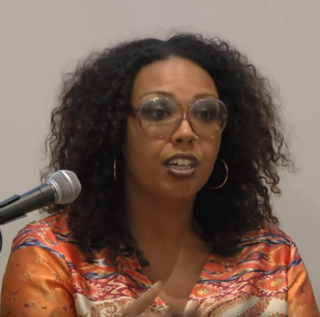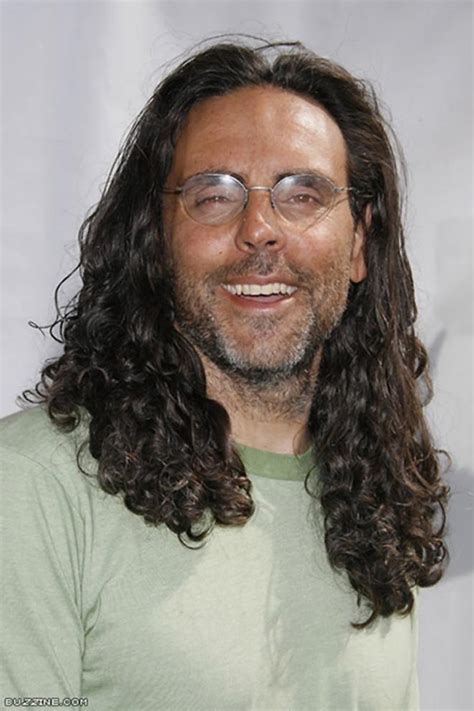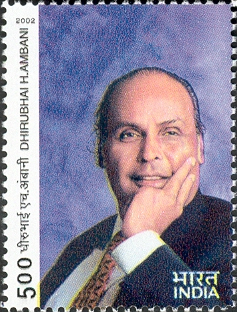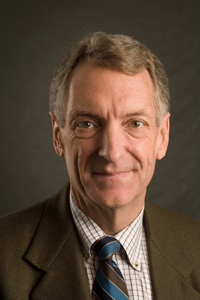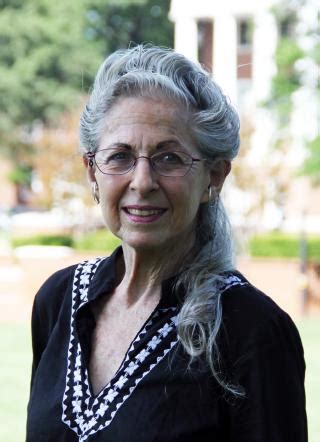A Quote by Abraham Verghese
Rituals, anthropologists will tell us, are about transformation. The rituals we use for marriage, baptism or inaugurating a president are as elaborate as they are because we associate the ritual with a major life passage, the crossing of a critical threshold, or in other words, with transformation.
Related Quotes
The new shift in thinking is the gateway to human transformation. And because of the sheer number of people involved in this shift, and the growing magnitude of the crises that are driving us to change the way we think, we are standing on the threshold of human transformation at a level unlike anything ever before known on Earth.
[Ritual] dwells in an invisible reality and gives this reality a vocabulary, props, costume, gesture, scenery. Ritual makes things separate, sets them apart from ordinary affairs and thoughts. Rituals need not be solemn, but they are formalized, stylized, extraordinary, and artificial. In the name of ritual, we can do anything. We can do astonishing acts. In the end, ritual gives us assurance about the unification of things.
I think that the language that we use is a ritual, that my [maternal] grandmother was called "Big Mama" is a ritual, that my daughter calls my father "Baba" and my mother "Mama" is a ritual. There are common African-American rituals that are a part of my experience. If I ever get married some day I would like to jump the broom.
My brother, this "religiosity" is not the standard by which true men of God are measured. In all the rituals that Islam has, deeply imbedded in those rituals are principles of truth. And sometimes we get lost in the religiosity; we get lost in the "symbol," but we miss the substance of the truth that is buried in the ritual!
All rituals are paradoxical and dangerous enterprises, the traditional and improvised, the sacred and the secular. Paradoxical because rituals are conspicuously artificial and theatrical, yet designed to suggest the inevitability and absolute truth of their messages. Dangerous because when we are not convinced by a ritual we may become aware of ourselves as having made them up, thence on the paralyzing realization that we have made up all our truths; our ceremonies, our most precious conceptions and convictions - all are mere inventions.
Danced healing rituals (in African village compounds, temple courtyards, dance-therapy studios, public theaters, and other social settings) reinvoke old traumas for exorcism and the transformation of fear, convince people that evil is gone or possible to dissipate, and reaffirm communal solidarity and a sense of well-being.

